Knowing what to do after a truck accident in California can be an overwhelming experience. From physical recovery to the complexities of legal processes, understanding who is at fault—or liable—for the accident is crucial for anyone seeking compensation for their injuries. Truck accident liability is usually far from straightforward, meaning conducting a thorough investigation is necessary.
At Silva Injury Law, our experienced California truck accident attorneys understand the critical nature of determining truck accident liability and are committed to guiding you through this daunting legal landscape with empathy and expertise.
Get in touch with Silva Injury Law now at (209) 600-4389 to schedule your complimentary consultation.
What Makes Trucking Accident Liability So Complex?
Determining liability in truck accident cases is complicated because of how many layers sit between the driver and the company that puts them on the road.
Truck drivers may work as employees, independent contractors, or within a chain of subcontractors. Another company might lease the truck, a separate crew may load the cargo, and a third party could handle the maintenance. Each of these links can affect liability.
Federal safety rules regulate trucking operations, including service hours, inspection timelines, recordkeeping, and weight limits. Ignoring those rules can open up employers, brokers, or logistics companies to liability.
Even when it seems obvious who is at fault, determining liability for an accident often requires thorough investigation that goes beyond the wreckage of the crash itself.
Proving Truck Accident Liability in California
Trucking accident liability is the legal responsibility for damages resulting from a trucking collision. In California, determining who is liable in a truck accident hinges on the principle of negligence. In order to establish fault, you must prove four key elements of negligence.
In order to establish fault, you must prove four key elements of negligence.
- Duty of care. This element establishes that the defendant (e.g., the truck driver, trucking company, etc.) owed the plaintiff (the injured party) a legal duty. For truck drivers, this means adhering to the rules of the road and trucking regulations to prevent harm to others.
- Breach of duty. The plaintiff must demonstrate that the defendant failed to fulfill their duty of care. In truck accident cases, this could involve speeding, failing to secure cargo properly, or not adhering to rest requirements.
- Causation. You must show that the defendant’s breach of duty directly caused the accident and your injuries. Liability requires establishing this link between the negligent act and the resulting harm.
- Damages. Lastly, the plaintiff must prove they suffered actual damages from the accident. These include physical injuries, property damage, medical expenses, lost wages, and pain and suffering.
Understanding these elements is the foundation for navigating truck accident claims in California. The intricate nature of these accidents, involving multiple parties and regulations, calls for experienced legal guidance to effectively establish liability and pursue rightful compensation.
Key Factors in Determining Who Is Liable in a Truck Accident
Determining liability in truck accidents involves a multifaceted approach, examining various factors contributing to the incident. Understanding these elements is crucial for building a solid case.
The Role of Negligence in Trucking Cases
Negligence is at the heart of liability in truck accidents. Establishing negligence involves demonstrating that the party at fault failed to exercise reasonable care, leading to the accident. In trucking cases, negligence can manifest in numerous ways, from distracted driving to inadequate vehicle maintenance. Identifying and proving negligence is essential for holding the responsible party liable.
State and Federal Regulations
Truck drivers and trucking companies must comply with a plethora of state and federal regulations covering aspects such as driving hours, vehicle maintenance, and cargo loading. Violations of these regulations can significantly influence liability determinations. For instance, if a trucking company fails to enforce hours-of-service regulations, leading to driver fatigue and an accident, this violation can be a crucial factor in establishing the company’s liability.
Evidence in Truck Accidents
Gathering and analyzing evidence is pivotal in determining liability.
Key pieces of evidence in truck accident cases include:
- Driver logs and electronic on-board recorders (EOBRs) can provide insights into driving hours and potential fatigue;
- Maintenance records highlight the vehicle’s condition and any neglect in upkeep;
- Cargo loading documents can reveal if the cargo was secured and loaded correctly, adhering to legal weight limits;
- Accident scene photos and surveillance footage offer visual proof of the accident’s circumstances and impact; and
- Witness statements and expert testimonies, adding perspective and analysis to support the case.
Collecting and examining evidence is crucial in piecing together what happened and who is at fault.
Are Truck Drivers Responsible for Damages?
Truck drivers can be held directly responsible for accidents if their actions or negligence caused them. That includes driving under the influence, distracted driving, exceeding speed limits, or not adhering to rest requirements. Establishing a truck driver’s liability often involves investigating their driving history, behavior at the accident scene, and compliance with regulations.
But are truck drivers responsible for damages in every case? Not always. While their actions may have triggered the crash, deeper issues like faulty maintenance, unsafe cargo loads, or poor training often point to other responsible parties. Here are some of the other potential sources of liability in a truck accident.
Trucking Companies
Trucking companies can be liable for accidents through vicarious liability, where they are responsible for their employees’ actions during work hours or through direct negligence. That can include failing to train drivers, not enforcing driving hour regulations, or neglecting vehicle maintenance properly.
The legal principle of “respondeat superior” holds employers responsible for their employees’ actions, provided those actions occur within the scope of employment.
Cargo Loaders and Manufacturers
Improperly loaded or secured cargo can lead to accidents, making those responsible for loading the truck liable. Additionally, truck or parts manufacturers can be liable if a defect contributed to the accident. That includes tire failures, brake malfunctions, or any flaw compromising the vehicle’s safety.
Freight Brokers
Freight brokers coordinate shipping between companies and motor carriers. They may share legal responsibility if they select a carrier with a history of safety violations. Courts may evaluate how the broker made decisions and whether they prioritized availability over safety.
Third-Party Logistics Companies (3PLs)
3PLs often manage full supply chain logistics, including warehousing, dispatching, and carrier selection. When they take control over how and when goods move, their decisions can increase the risk of an accident. Failing to vet carriers, pushing unreasonable timelines, or mismanaging routing can all contribute to unsafe conditions that lead to collisions.
Other Potential Liable Parties
Other parties include maintenance companies that failed to perform necessary repairs or government entities responsible for road design and maintenance. Identifying all potentially liable parties is essential for a comprehensive approach to seeking damages.
Challenges in Determining Truck Accident Liability
The path to establishing liability in truck accidents is fraught with challenges, from multiple liable parties to legal and investigative hurdles.
Multiple Liable Parties
Truck accidents often involve several potential defendants with varying degrees of responsibility. Determining the extent of each party’s liability requires a detailed investigation and understanding of their roles in the accident. This analysis can complicate the claims process, as each party may have its own insurance providers and legal representation.
Disputes Over Liability
It’s common for parties involved in a truck accident to dispute liability. Insurance companies and defendants may attempt to shift blame to minimize their financial responsibility. Such disputes necessitate a strong legal strategy backed by solid evidence to counteract attempts to deflect blame.
Investigative and Legal Hurdles
Thorough investigations are the cornerstone of establishing liability in truck accidents. However, accessing vital evidence such as company records, maintenance logs, and black box data can be challenging. Legal hurdles, including navigating complex trucking regulations and dealing with multiple jurisdictions, further complicate the process.
How California’s Statute of Limitations Can Affect Liability Claims
In California, you have two years from the date of a truck crash to file a personal injury claim. After that, you may lose the chance to recover compensation altogether.
That timeline can shrink in certain situations. Claims involving government vehicles or contractors may trigger a much shorter filing period—as little as six months under California’s Government Claims Act.
Timing also affects evidence. The longer you wait to file, the harder it can be to recover logbooks, camera footage, or maintenance records that are essential to your case. These materials may be routinely deleted or overwritten, and once gone, they can’t be used to help establish liability.
A California truck accident lawyer can help preserve critical records early and ensure all deadlines are tracked. The legal timeline isn’t just a technical detail—it directly shapes what evidence is available and whether the case moves forward.
Frequently Asked Questions About Truck Accident Liability in California
Truck accident claims raise specific concerns—especially when multiple parties or safety violations are involved. Below are answers to some of the most common topics that come up when determining liability.
Can I Still File a Claim If I Was Partly at Fault for the Crash?
California uses a comparative fault system. Under this system, you can still bring a claim, even if your actions contributed to the crash. However, the amount you recover may be reduced based on your share of fault.
For example, a driver who didn’t signal before turning may still be able to file a claim and recover damages—though not for the full amount.
A California truck accident lawyer can help clarify fault and determine whether the crash resulted from broader failures—not solely your actions.
How Do Industry Rules Affect Who’s Liable?
State and federal laws regulate the commercial trucking industry and set specific safety standards. These standards include limits to hours behind the wheel, inspection routines, recordkeeping, and load restrictions.
When drivers or carriers ignore those standards, their carelessness may help support your claim for compensation. Safety logs, skipped inspections, and over-limit driving times frequently become part of the evidence after a crash.
What If the Truck Was Carrying Hazardous Materials?
Transporting fuel, chemicals, or other dangerous goods adds another layer of scrutiny. Carriers must follow special regulations when hauling these materials, including proper labeling, vehicle markings, driver certifications, and route planning.
When those rules are broken—or ignored—liability may extend beyond the driver to the company that arranged the shipment. A case involving hazardous cargo may also involve environmental safety records and federal oversight.
Do I Need a Lawyer to Prove Liability in a Truck Accident Case?
Truck accident claims usually involve multiple companies, safety records, and technical data. A lawyer can step in to examine the full picture—driver behavior, maintenance issues, and regulatory violations—and work to tie those facts to the law. Without that kind of targeted review, important details may be missed. Legal representation isn’t required to make a claim, but it can make a significant difference in establishing liability.
When Truck Accident Liability Is Unclear, Silva Injury Law Can Help
Navigating truck accident liability requires expertise and persistence. Silva Injury Law cuts through these complexities, offering thorough investigations, skilled negotiations, and staunch advocacy for our clients. Our deep understanding of trucking regulations, combined with our commitment to holding all responsible parties accountable, positions us as a powerful ally for those injured in truck accidents.
With multiple parties potentially at fault and various factors influencing the case, the importance of having an experienced legal team by your side cannot be overstated. Silva Injury Law offers the skill, compassion, and dedication needed to tackle these challenges head-on, striving for the justice and compensation you deserve.
If you or a loved one suffered injuries in a truck accident in California, don’t face this journey alone. Contact us online or call (209) 600-4389 today for a free consultation. Let us put our expertise to work for you, ensuring you can focus on recovery while we handle the legal complexities.

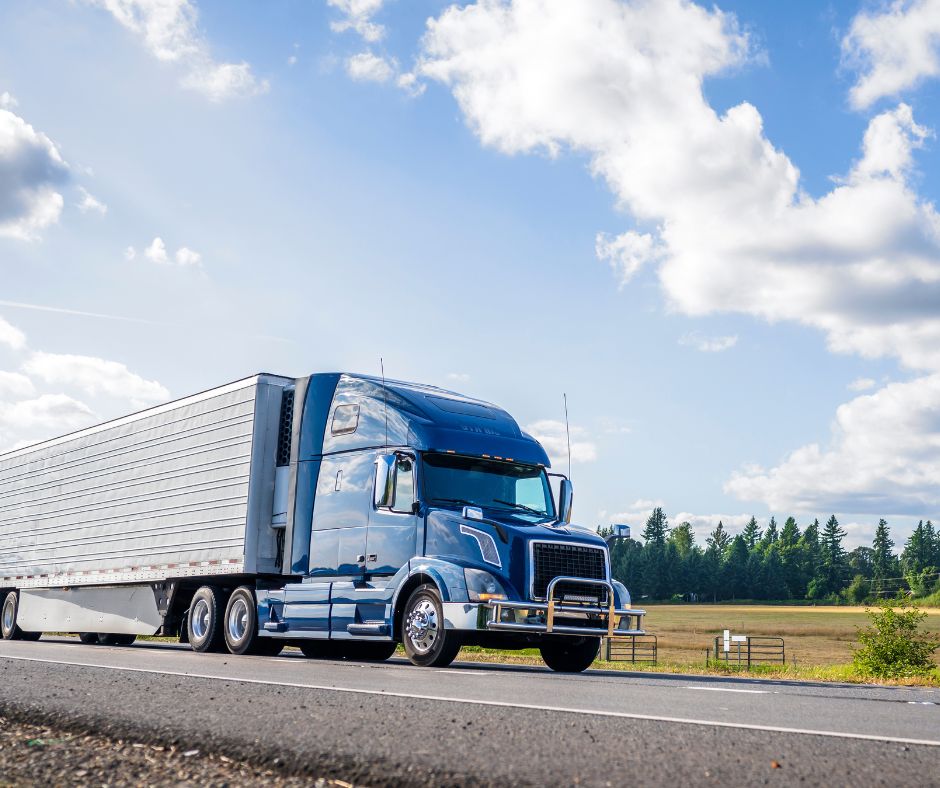

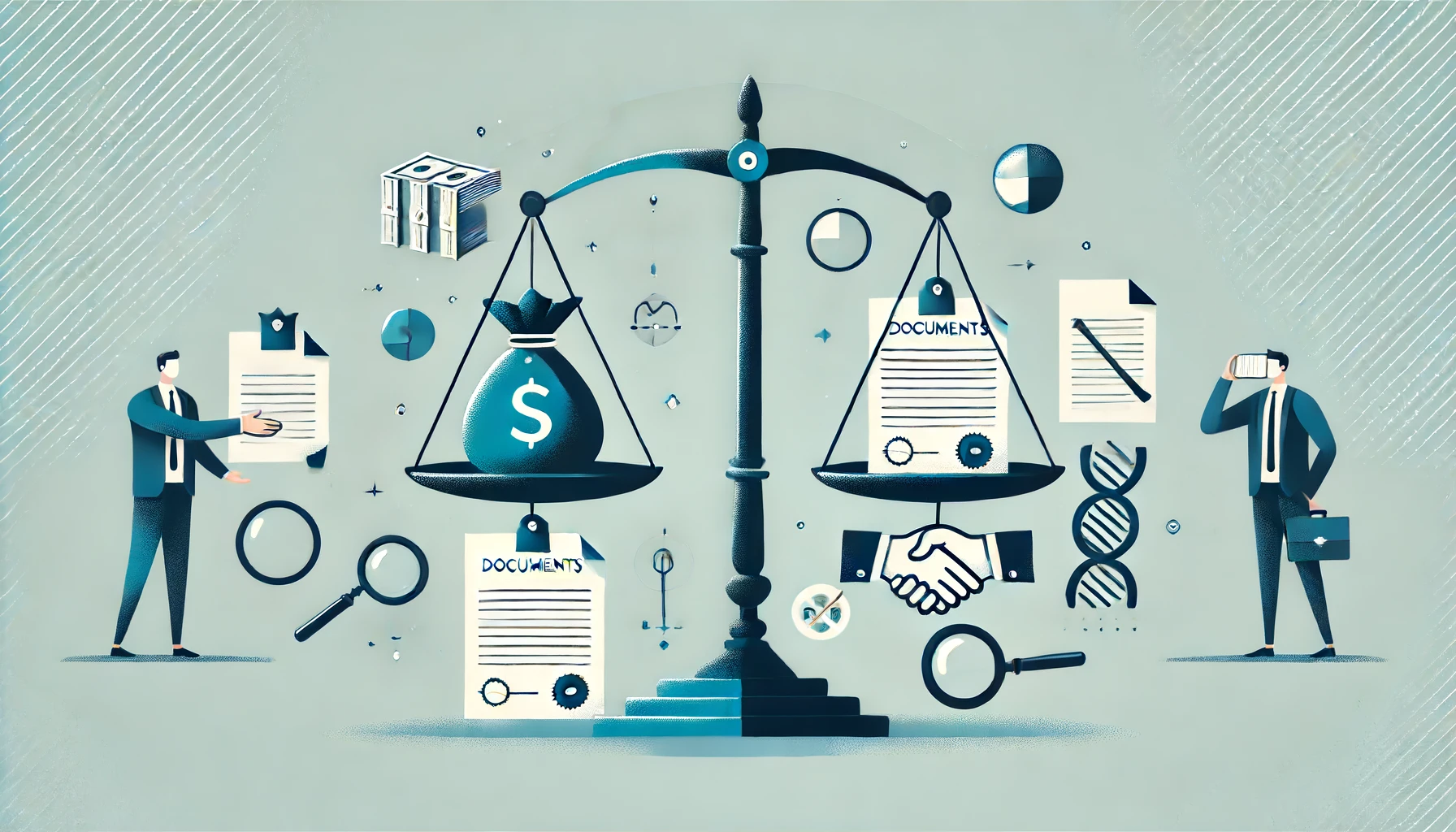






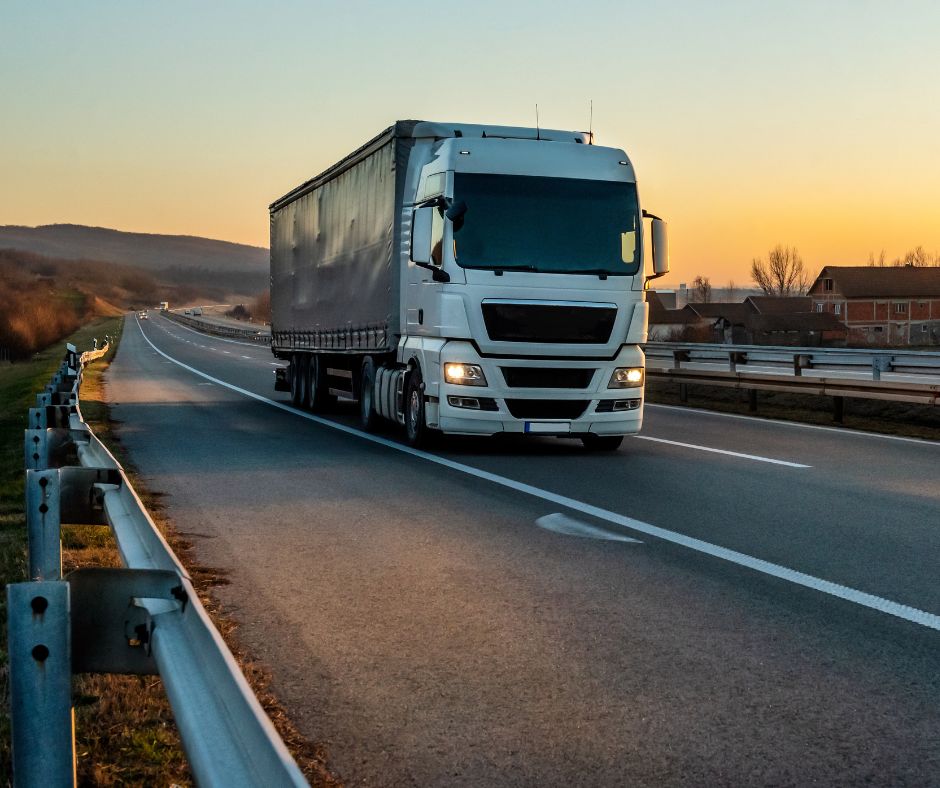
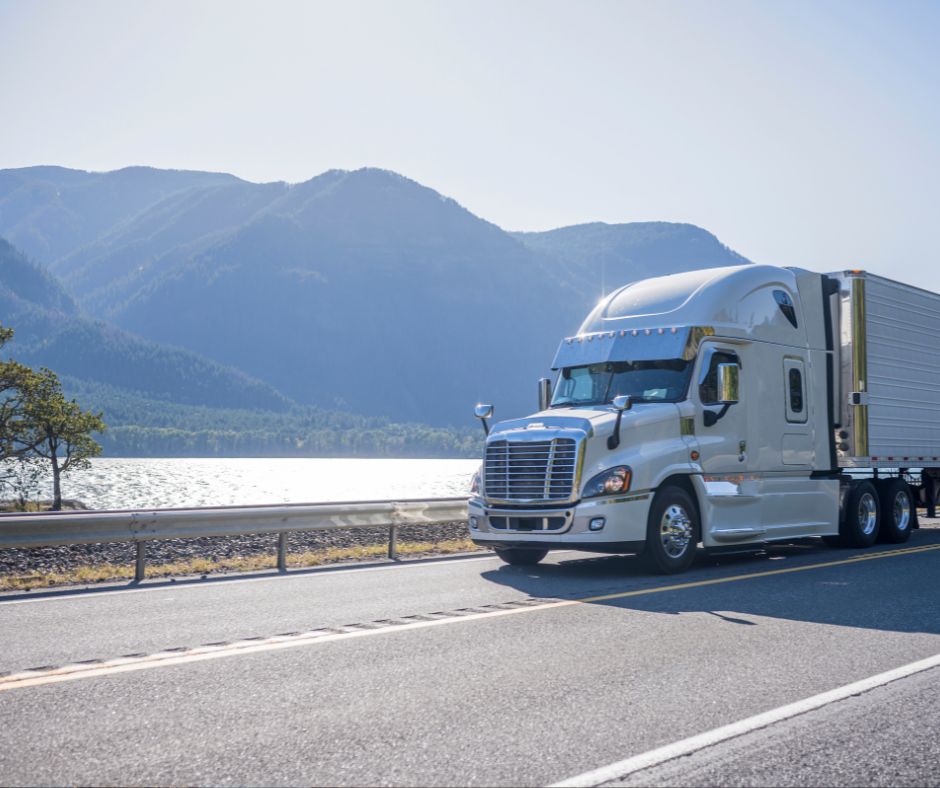
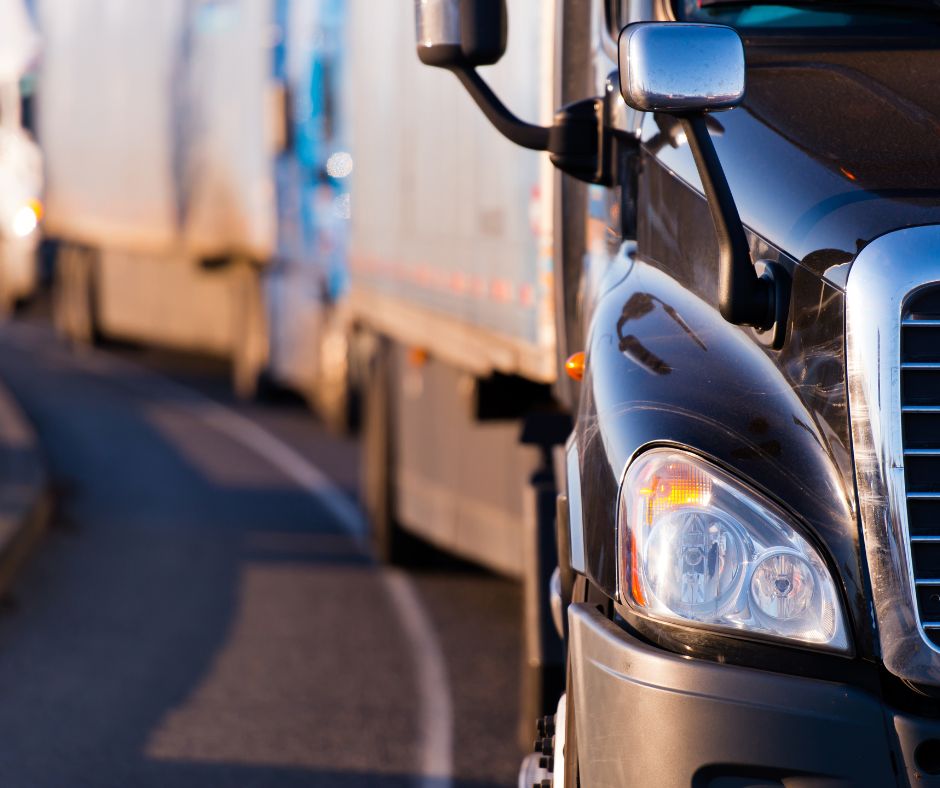




 EMAIL
EMAIL  Ask AI
Ask AI  Access
Access